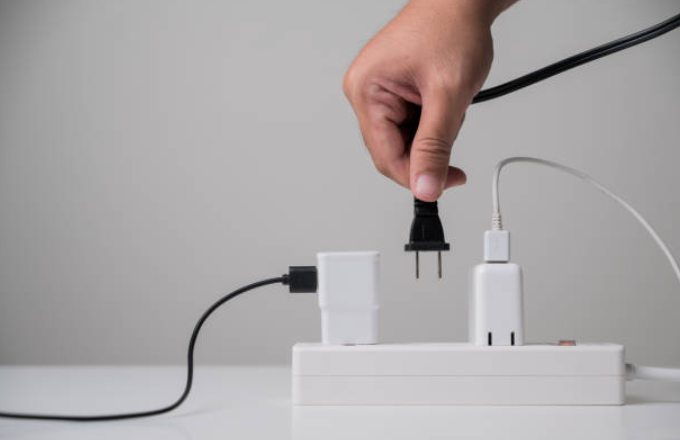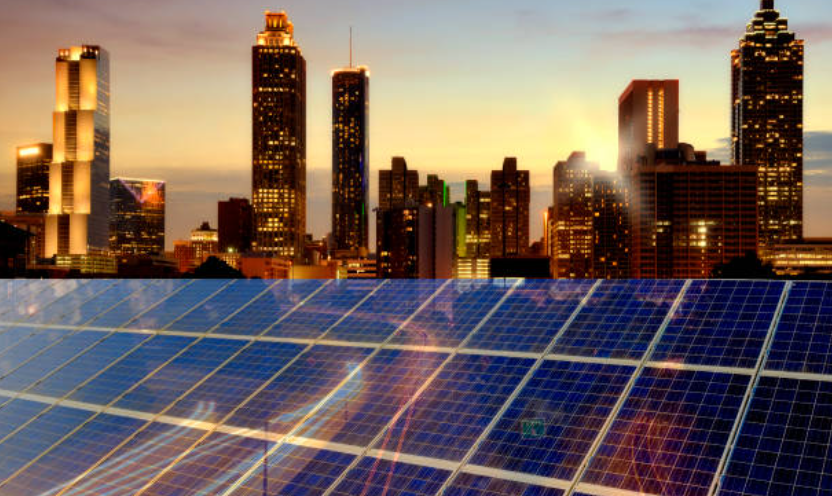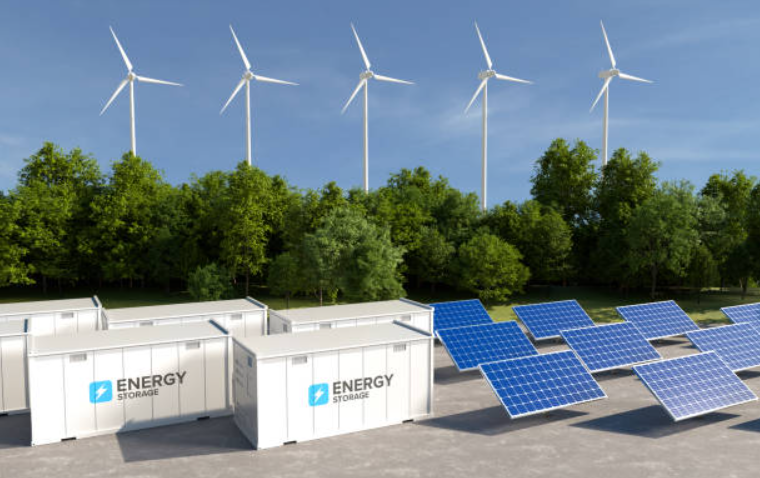Does Unplugging Appliances Save Electricity?
In today’s world, where every penny counts and environmental consciousness is on the rise, many people are looking for simple ways to reduce their energy bills and carbon footprint. A frequently asked question is, “Does unplugging appliances save electricity?” In this article, we’ll explore the answer to this question, backed by data, expert opinions, and practical examples. Let’s dive into the facts to see if unplugging your devices can make a noticeable difference.
What is Phantom Energy or Vampire Power?
Phantom energy, also known as standby power or vampire power, is the energy that appliances consume even when they are turned off but still plugged into an outlet. According to the U.S. Department of Energy, phantom energy can account for up to 10% of a household’s electricity use. This might seem like a small percentage, but it can add up over time, especially with the rising costs of electricity.
How Much Can You Save?
So, does unplugging appliances save electricity? The short answer is yes, but the savings can vary. A study conducted by the Lawrence Berkeley National Laboratory found that unplugging appliances could save the average household between $100 and $200 per year. While this might not seem like a huge amount, consider this: over five years, that’s up to $1,000 in savings, simply by being more mindful about unplugging devices when they’re not in use.
Examples of Common Energy Vampires
Not all appliances consume the same amount of phantom energy. Here are some of the most common culprits:
- Televisions: Older models can use up to 12 watts of power even when turned off.
- Chargers: Phone and laptop chargers consume small amounts of power when plugged in, even if they are not connected to a device.
- Game Consoles: These can draw as much as 1 watt when off and up to 23 watts in standby mode.
- Microwaves: They often use more energy displaying the clock than they do heating food.
The Cost-Benefit Analysis
While unplugging appliances does save electricity, it’s essential to consider the effort versus the benefit. Unplugging devices can be a hassle, particularly for items that are difficult to access. In these cases, investing in smart power strips or timers might be a more practical solution. These devices can automatically cut off power to multiple appliances at once, reducing phantom energy consumption without the need to unplug each item individually.
Long-Term Energy-Saving Strategies
For those serious about saving energy and reducing their carbon footprint, unplugging appliances is just the tip of the iceberg. Other strategies can have a more significant impact, such as:
- Switching to energy-efficient appliances: Look for the ENERGY STAR label when purchasing new devices, which can save up to 50% more energy than non-certified products.
- Using solar energy: Transitioning to solar energy can drastically reduce your electricity bills. Companies like Solar Buyback offer programs that allow you to sell excess solar energy back to the grid, maximizing your savings.
Conclusion: Does Unplugging Appliances Save Electricity?
In conclusion, the question “Does unplugging appliances save electricity?” can be answered with a resounding yes. While the savings may not be monumental, every little bit helps, especially when it comes to reducing your overall energy consumption. For those looking for more significant savings, consider combining unplugging with other energy-saving strategies, like using smart power strips and investing in solar energy.
By taking these steps, you’ll not only save money but also contribute to a more sustainable future. If you’re interested in exploring more significant energy-saving solutions, Solar Buyback can help you make the switch to solar, ensuring your efforts to save energy are as effective as possible.
References
- U.S. Department of Energy. (n.d.). Standby Power. Retrieved from energy.gov
- Lawrence Berkeley National Laboratory. (n.d.). Phantom Loads. Retrieved from lbl.gov
- ENERGY STAR. (n.d.). About ENERGY STAR. Retrieved from energystar.gov



